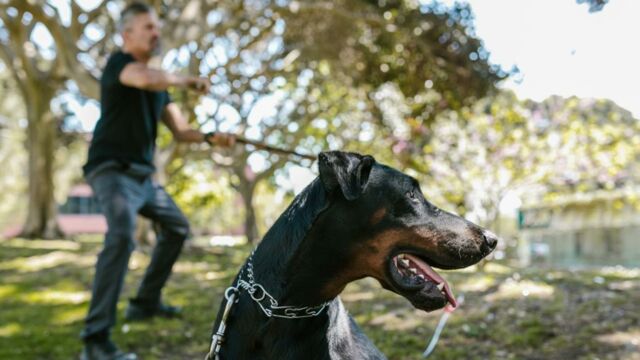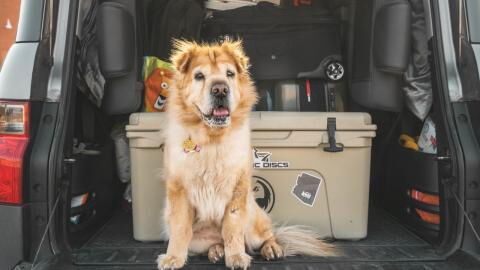Do you feed and walk your dog but it still favours your partner, friend or another family member over you, making you feel sad and lonely? Don’t despair. This is how you can forge a strong bond with your pet and turn the situation around.
Discover our latest podcast
Give your dog time to get to know you better
Esme Wheeler, a dog welfare expert from the RSPCA’s companion animals department says that every dog is different, with a unique personality, likes and dislikes.
Though the charity tries hard to match adopters with the perfect rescue pet, some relationships can take a little longer to develop than others. She advises to be patient if the pooch doesn’t favour you at the start or further along.
She commented:
Just like humans, dogs are emotional and complex animals. They need time to adjust to different people; environments and routines; so it is also important that they're given time, and that owners are patient and understanding.
Spend more fun time with your dog

Claire Haynes, a behaviour service delivery partner with charity Blue Cross, explains that it’s difficult to control who your dog will bond with but it’s more likely they’ll get closer to people they ‘spend time and interact with positively.’
She said:
Dogs are a social species and often love spending time with people. We can build relationships with our dogs by doing things with them that they enjoy; depending on your dog this might be things like going for walks, training, having grooming sessions, being given attention, and playing with toys.
Learn your dog’s body language
Watching your dog’s body language can help understand whether they’re stressed or worried about something. It is especially important if you have a nervous or anxious pooch.
An averted stare, lip licking, yawning when not tired, unexplained panting, pinning their ears back, and other signs could help explain the trigger for your dog’s concern.
Consult dog behaviourist
If you think your dog is having serious behavioural issues, rather than just a bit of a preference for somebody else, then don’t be shy about getting a pro involved.
Claire advises:
Should your dog be worried by things you’re doing or you think they’re uncomfortable with certain things in their life, be sure to contact an accredited animal behaviourist via the Animal Behaviour & Training Council.
Exercises and training activities can take a lot of patience, understanding and consistency to ensure their success. However, attending regular training classes can help improve the relationship and communication and strengthen the bond between you and your dog.
Does it really matter that much who your dog’s favourite is?

Even though it can be frustrating not to be your dog’s bestie, it’s crucial to remember that your pooch’s well-being is the priority.
Claire admits:
Ultimately no matter who you believe is your dog’s ‘favourite person’, the most important thing is that they are happy and healthy.
Sources used:
- Metro: 'What to do if your dog has a favourite – and it’s not you'















